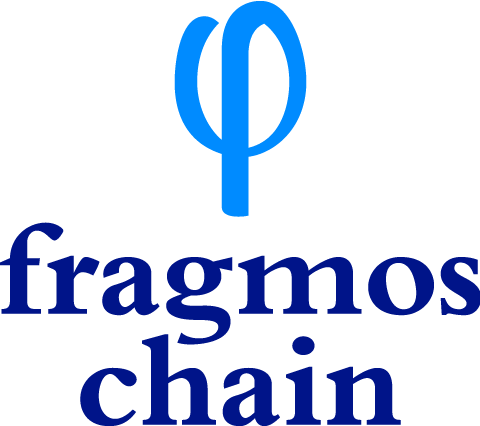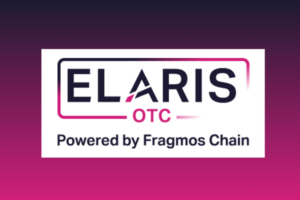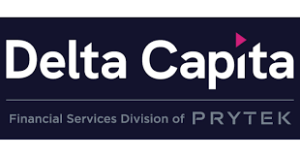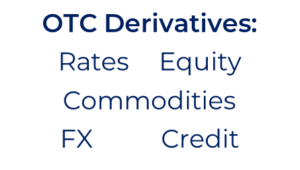The Association for Financial Markets in Europe (AFME) published two reports on utilities in capital markets.
“We define ‘utility’ as an offering that has at least one of the following core characteristics: creation and provision of a network; application of a standard approach; and ability to demonstrate economies of scale in the provision of a commoditised service.”
“Industry utilities offer up the promise of reducing costs and removing duplication across common services, providing these in a standard, efficient and mutually beneficial way for their participants” said James Kemp, Managing Director GFMA and AFME.
The eight Principle for Best Practices for utilities in capital markets are:
1. Governance: Participants can apply appropriate governance and influence on the utility. This includes the engagement process, roles and responsibilities of management, performance measured against defined indicators and management of risk.
2. Transparency: The commercial models and services provided are transparent to all involved participants, with relevant rules and data disclosed to authorities as required, for decision-making purposes.
3. Compliance: All applicable compliance obligations, in all jurisdictions that the utility and participants operate, are satisfied. This includes disclosure to reduce risk, increase service confidence, and for the performance of participant control function.
4. Standards: Standard terms, processes and methods are applied for all participants. Standards should make use of existing industry frameworks and information where available or lead to the creation of additional and recognised standards.
5. Interoperability: The exchange and interpretation of information between similar utilities is supported (through standards and common interfaces), to maintain a competitive and open utilities market.
6. Scale: The utility can scale and adapt, where relevant, for increased participation. The utility allows for increased on-boarding of participants through a consistent and objective set of requirements.
7. Economic Sustainability: There is commitment to investment and service improvement as part of an ongoing strategy. This will support increased scale, participation and response to market changes (such as regulation).
8. Market Efficiency: The utility allows for individual participant and wider market efficiencies to be achieved. The utility considers the practical cost and technical implications of its solution to determine the greatest benefit.
The reports contain much more: are available here:






